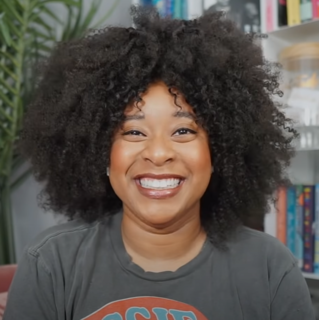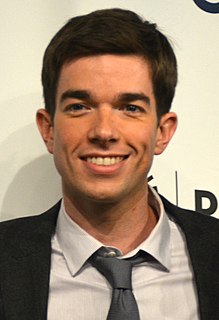A Quote by Michelle Dean
Podcast listening carries with it a faint aura of cultural snobbery, a notion that to cue up an episode is to do something highbrow and personally enriching, whether it's a history lecture broadcast from a university or an amateur talk show recorded in someone's garage.
Related Quotes
Many, perhaps most, very learned people prefer the company of their books to sitting in a crowd listening to history and art being mangled; furthermore, it is unlikely that the venerable scholars will stand up afterward to declare, "This lecture was a load of crap." The more profound a professor's distaste with the proceedings, the more likely he is to melt away at the end of the talk.
I think, if you're a candidate and you want to be totally safe, and assure that what you say is not going to be recorded or broadcast on the Internet, you have to have something like safe cone. Everything is so viral right now that you have to assume as a candidate that anything you say will be broadcast.
The first time I heard the word 'transgender' had been in a sitcom episode that mocked the potential for cisgender people to find people like me attractive. Every time someone expressed any interest in the gorgeous trans guest character - her identity still a secret to most of the main characters in the show - the laugh track would cue.
[Buckminster Fuller] was quite willing to talk. He'd talk at the drop of a hat.I learned to talk in front of people by listening to the way he did things. Because he would give lessons in how to lecture. He would say, "Never take a note, just stand up and start babbling. And then eventually you're going to be able to make some coherent statements, and so it's like you're vamping. And then people will gradually start to listen to you when this spot of logic shows up in this torrent of verbiage.
The big problem in translating is that we had to translate the language. People may not know that we record the podcast in Japanese, translate it to English and then actors play us on the podcast. I'm not actually Scott Aukerman, I'm the actor who plays his voice on the podcast. Unfortunately, it's cost prohibitive on a television show.
When you listen to the Anthology of American Folk Music, or anything like that - a compilation of garage bands from the Northeast in the early '60s - you're not necessarily listening to the band and thinking about the lead singer, or the story of the group, or the context or the mythology of the group. You're just listening to the song and whether or not it has a hook.
































